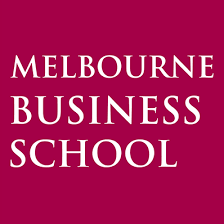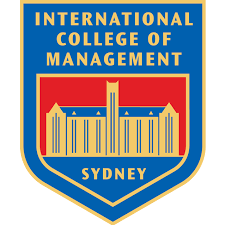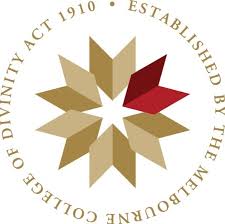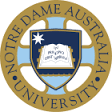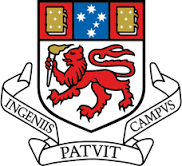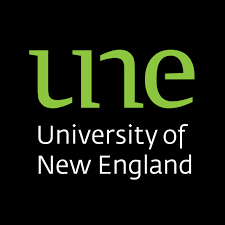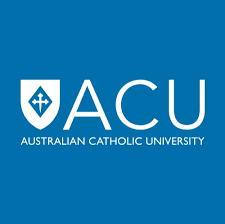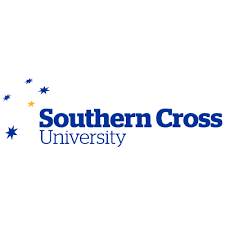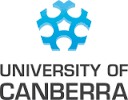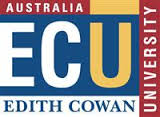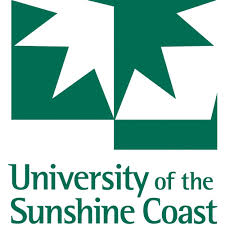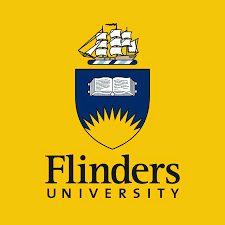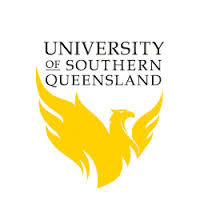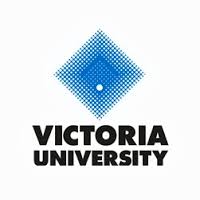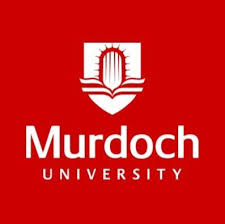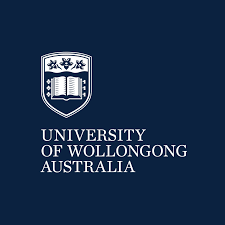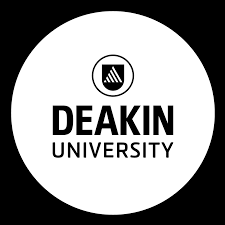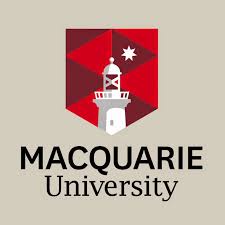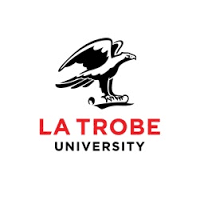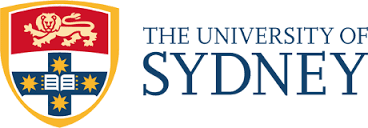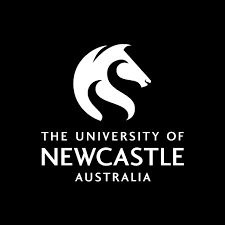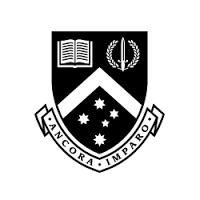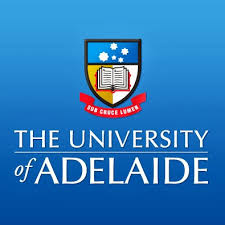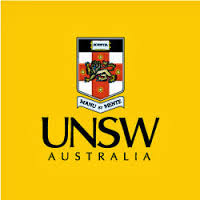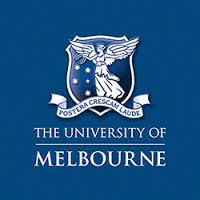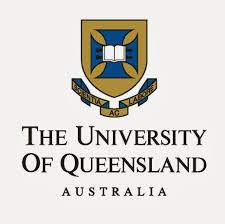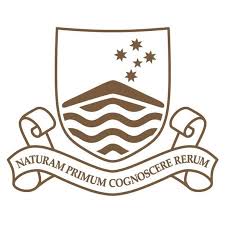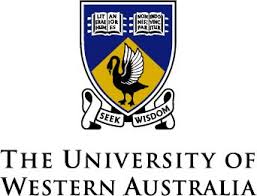Australia
Student Life in Australia

Student Life in Australia
Australia’s low population rates mean that there is huge requirement for qualified researchers and employable graduates from various fields of study.
India is only second to China with regards to the number of students travelling abroad in pursuit of quality higher education. Top destinations of choice are the US, UK, Australia, Canada etc… All along the US and the UK have been at the top, however in the recent past we have seen Australia attracting more students. Australia seems to have it all figured out. You’ve got quality institutions, some of which, who can compete with the Harvards and Oxfords, minus the exorbitant tuition costs and tedious visa procedures. All these perks together with white sandy beaches, is transforming the ‘land down under’ into the biggest student haven.
10 Reasons, why Australia is the best place to study in:
Let us take a look at some of the reasons why more students are choosing Australia over other countries.
- Most Australian institutions are at the top of their game when it comes to updating their syllabus, facilities or techniques according to the times.
- Many Australian Universities are getting recognised world-wide for their excellence in a wide range of disciplines.
- Most courses are covered by the Australian Qualification Framework (AQF), which is a pretty valuable piece of information to go onto anyone’s resume.
- Australia’s educational institutions are governed by a quality assurance system that provides exceptional service and financial protection to both the students and accompanying family members.
- Australia prides itself with being a multicultural and friendly society, and is open to the practices of other cultures.
- It has a relatively simple and effective visa procedure, accepting more students onto its soil.
- Its booming economy ensures that its cost of living is comparatively low, without compromising on the quality of living.
- On completion of their degrees, International students in Australia have more opportunities to gain Australian work experience.
- Australian institutions have more scholarship opportunities for international students, when compared to other institutions of the rest of the world.
- The Country’s relatively low population has led to this high requirement for country-based research opportunities that give students the unparalleled experience needed for a successful career.
Australia’s Finest:
Let’s look at Australia’s top three institutions and their achievements.
1) The University of Melbourne has been at the top of national charts for the past 3 years by the Times Higher Education Ranking. Founded in 1853 it is the second oldest university in Melbourne and is ranked in the 28th position amongst other educational institutions of the world.
2) The Australian National University or ANU was established in 1946 and is the only Australian university to be established by federal legislation. ANU is ranked second in Australia by the QS World University Rankings and 24th by the Times Higher World University Rankings, globally.
3) Founded in 1909, the University of Queensland is the fifth oldest university in Australia. It is renowned for its world class research quality, and the Commonwealth Government’s Excellence in Research for Australia 2010 National Report placed it in second place amongst other Australian Institutions.
Life off Campus:
A well-balanced social life is also imperative to students as it is an important part of an effective education. A vibrant and electrifying social life is what the “land of kangaroos” has to offer. I’m sure there are several educational and tourist websites out there that can guide you to the most happening nightclubs, finest restaurants and sandy beaches. Even if you don’t find a website, you wouldn’t have much trouble finding them, while in the country, as Australia is not short of entertaining “watering holes” such as these. So today let us take a look at some of the slang words or phrases that are unique to “Aussieland”!
Before we start, a word of caution! Some of the slang words we are going to discuss may seem strange to an outsider so it is best we take a look at them to avoid getting into embarrassing situations. It is also important to note that, it is completely okay to ask someone the meaning behind an expression if you are not familiar with it. It is not okay however, to assume a meaning, and land yourself into the embarrassing situation that we spoke about earlier. The Average Australian is very friendly and, enjoys learning and embraces new cultures without reserve. So here we go.
Bring a Plate: Some of you might be familiar with terms such as “Pound Party” or “Potluck”, but for the uninitiated, all of the three mean that you’ve got to cook a dish and bring it to the party. So the next time someone invites you to a party, and the invitation says “Bring a Plate”, do not just bring a plate!
BYO: BYO stands for “Bring Your Own”. It may be followed by “D” for Drink. It is found on party invites and means that invitees need to bring their own alcoholic or non-alcoholic drink to the party.
Arvo: Is short for “Afternoon”. “Drop by this Arvo” means to visit that certain someone in the afternoon.
Barbie: Nope we’re not talking about the little girl’s doll. We’re talking off the Barbeque. Famous in most American and Australian communities, a Barbeque is an open grill where different types of meat are cooked at a social gathering or party.
Snag: Is a raw sausage usually cooked at a barbeque.
Chook: Chicken
Dunny: Dunny or Loo are slang terms for the word “Toilet”.
Fair Dinkum: “Fair Dinkum” means speaking the truth. Eg: Fair Dinkum. Would I lie to you?
To be Crook: To be sick or ill
Flat out: Busy
Shout: When out at a bar with a group of friends, A “Shout” means that one person agrees to buy a round of drinks for everyone in the group. People in the group usually take turns to buy a round.
How ya going? Means “How are you Doing?”
Visa Options:
There are many student visa options that are available to suit their type of study. The list below details all the relevant visas available.
- Independent English Language Intensive Course for Overseas Students (ELICOS) sector – Visa subclass 570
- Schools sector – Visa subclass 571
- Vocational Education and Training sector – Visa subclass 572
- Higher Education sector - Visa subclass 573
- Postgraduate Research sector – Visa subclass 574
- Non-award sector – Visa subclass 575
- AusAID and Defence sector – Visa subclass 576
As a student in Australia, you will find that you are a part of a multicultural society that accepts and respects all cultures and ways of life and that is why Australia is a pretty good option to consider starting a career in.
Image Source: www.panoramio.com
Back






